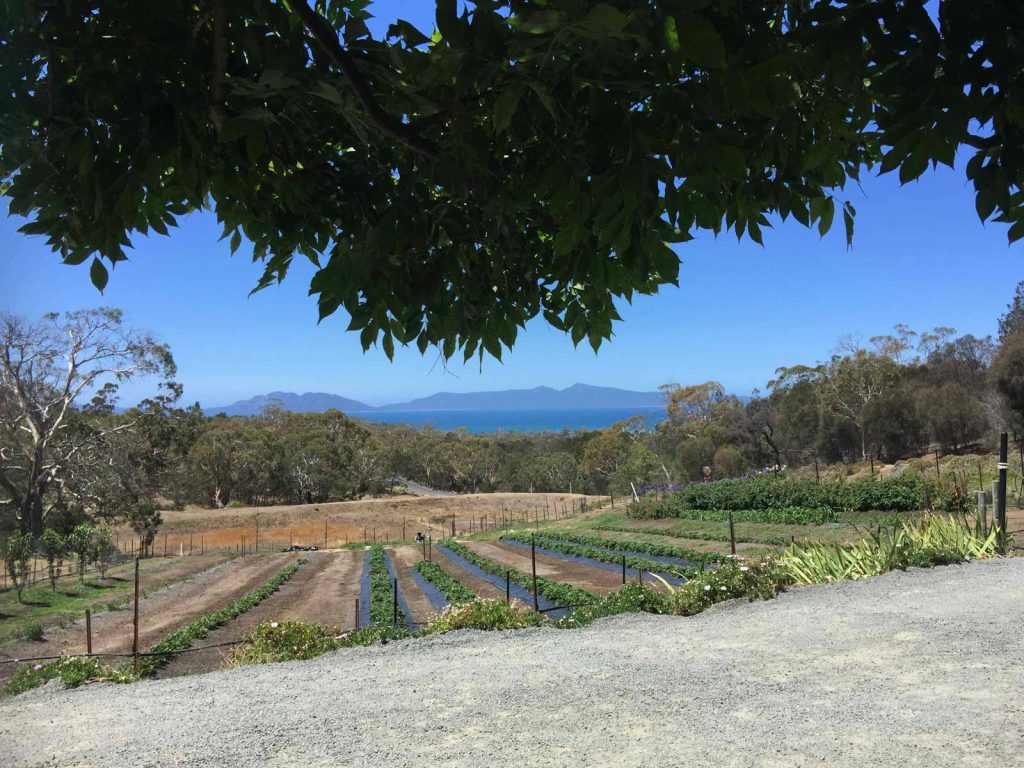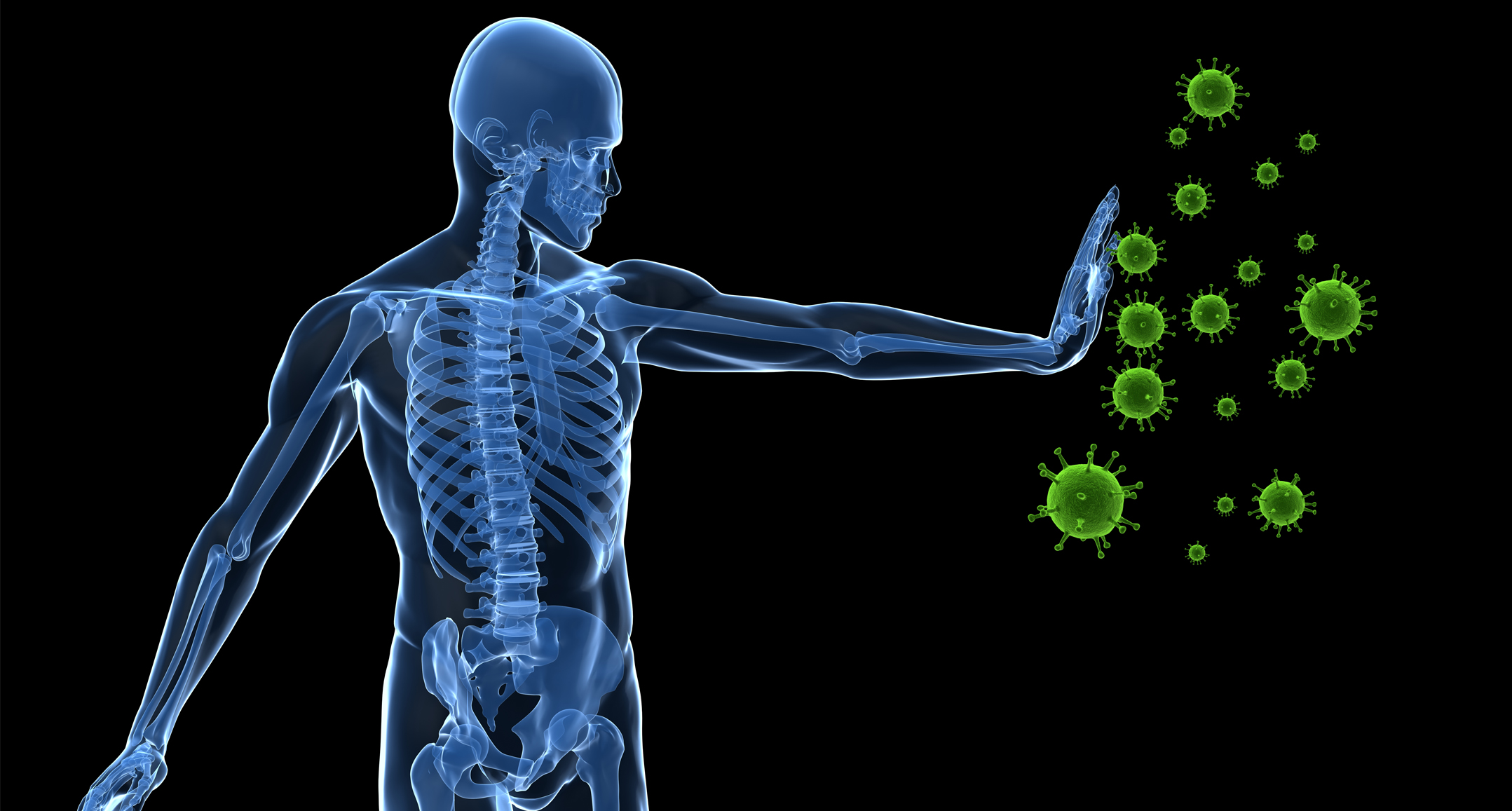Given the rapid spread of COVID-19 infection, it is prudent at this stage to address the topic of immunity and discuss the steps each of us can take to minimise its impact.
There are numerous messages in the media around hand washing, sneeze hygiene, cough hygiene and personal distancing. These behaviours are critical in our efforts to contain the spread of this virus, and vigilance is of the greatest importance. There is another factor to consider, however. If we are exposed to the virus, (or any pathogen for that matter), how do we minimise the effect it has on our health?
The severity of an infection is driven by two elements: the virulence of the invading pathogen, (in this case the novel corona virus), and the strength of the host’s immune defences. The COVID-19 pathogen is a new strain of corona virus that humans have not previously encountered, so its virulence, or its ability to spread, is unlike anything most of us have ever witnessed. Our adaptive immune systems have not been exposed to it so have not been able to develop antibodies against it.
This leaves our innate immune systems alone to fight the good fight, so it is important to provide the body with all it needs to mount a defence.
- Good sleep. 7-9 hours of enjoyable, restful, restorative sleep does wonders for the immune system. Ever noticed you pick up colds more readily when sleep-deprived?
- Relaxation. Stress, be it physical, emotional or mental induces the production of cortisol, which suppresses the immune system. Take time out to read, play or exercise to counteract the effect of the stressors in your life.
- Good nutrition. Fresh fruit and vegetables, together with good quality meat, clean water and sunshine provide the immune system with far more nutrition than a cupboard full of shelf-stable 2 minute noodles. Although long life foods will provide calories, they provide very little in terms of nourishment.
There are a number of specific nutrients and supplements that provide support to the immune system and promote proliferation of white blood cells and antibodies.
- Vitamin C: Long known for its antioxidant status, vitamin C supplementation has been shown to enhance white blood cell production, necessary in fighting viral infections. In terms of food, the best sources of vitamin C are citrus fruits and green leafy vegetables.
- Zinc: Zinc is a mineral, found in oysters in high amounts, and in animal products such as meat, eggs and milk, in moderate amounts. A vegan source of zinc is pumpkin seeds. Zinc is important in stimulating both innate immunity and adaptive immunity (the development of antibodies).
- Vitamin D: Vitamin D, synthesised by the body in the presence of sunshine and cholesterol, augments the activity of the innate immune system and supports the production of antibodies. It is very difficult to ingest sufficient vitamin D from food sources exclusively, so if not exposing skin to sunshine, supplementation may be recommended.
- Andrographis paniculata: This is a medicinal herb that has anti-viral properties. It is particularly efficacious when used in the prodromal (early) stage of infection and can be found in many over-the-counter immune supplements in pharmacies and health food stores.
A strong immune system will not prevent transmission of the novel corona virus, unfortunately, but it will reduce the duration and severity of the illness in an individual. As authorities have outlined, one of the greatest challenges we face in this environment is trying to keep the numbers of cases requiring hospitalisation under control, so our health care system is not overwhelmed. We each have an opportunity to keep ourselves as robustly healthy as possible and ensure hospital beds are available for those who desperately need them.









